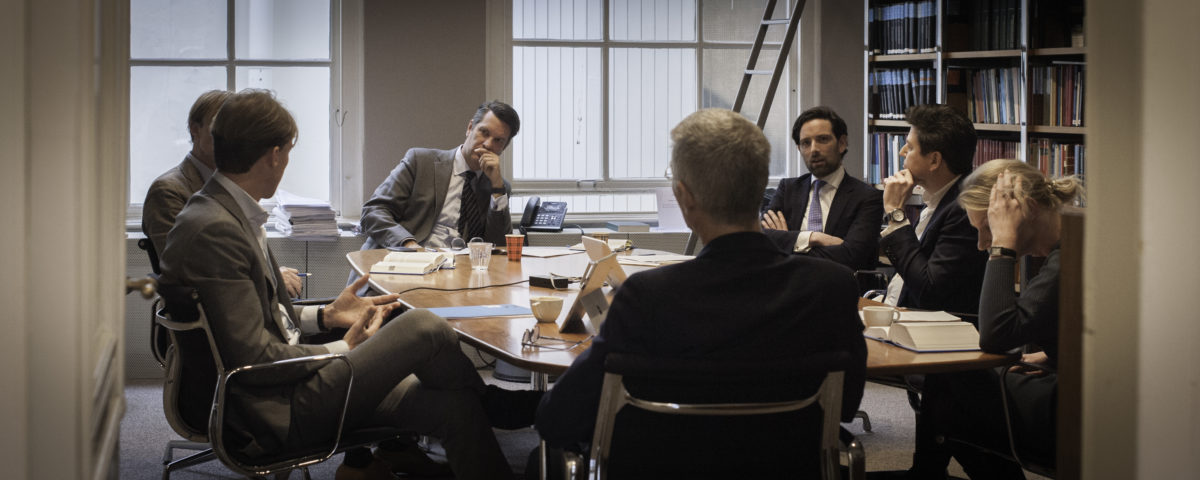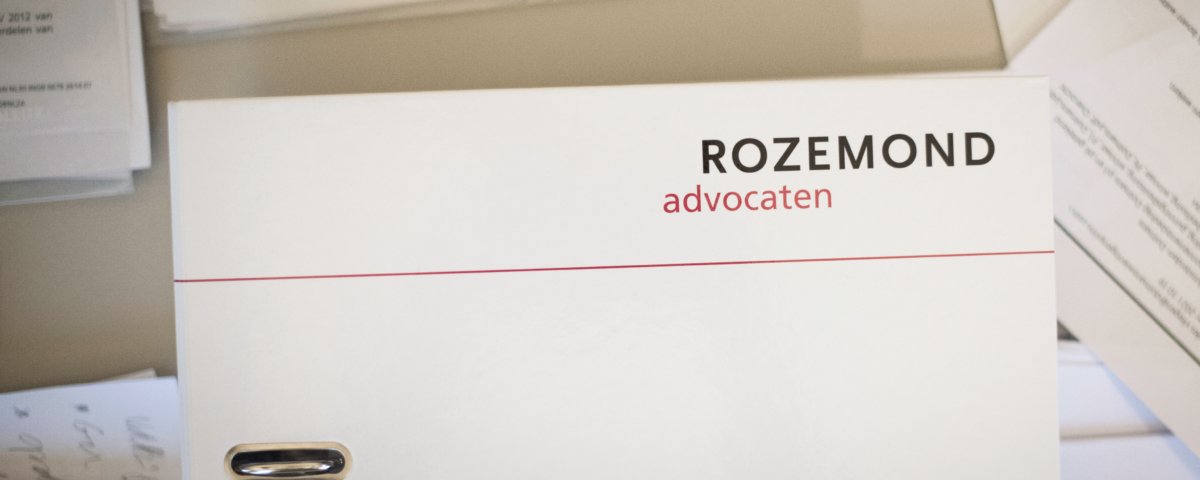
Construction expertise. Since 1926
Together, our lawyers have more than 180 years of combined experience in private construction law and procurement law. We litigate, publish and teach about case law and disputes in the following branches of law.
More than 180 years’ experience in construction law and procurement law
Together, our lawyers have more than 180 years of combined experience in private construction law and procurement law. Because our firm has help shape Dutch construction law, we have all the knowledge and jurisprudence of the past century in house to advise and support you, and to warn you about risks.
We teach, publish and litigate about cases and disputes in the following areas of law (in alphabetical order):
- arbitration (Arbitration Board for the Building Industry, NAI, ICC, ad hoc arbitration)
- architects – consulting engineers (DNR 2011, RVOI)
- contract drafting (Turnkey, UAV 2012, UAV-GC 2005, DNR 2011, customised contracts)
- hydraulic engineering
- industrial construction
- infrastructure / GWW
- installations – technology
- insurance law
- international
- non-residential & residential construction
- procurement law
- rail construction
- road engineering
The tradition of (wanting to) contribute to the further development of Dutch construction law is therefore firmly anchored our firm’s DNA. We are more than happy to share this knowledge and experience with others.
In recent years, we published articles each month in the Netherlands Journal for construction law [Tijdschrift voor Bouwrecht (TBR)], Legal precedents in procurement law [Jurisprudentie Aanbestedingsrecht (JAAN)], and we are co-authors of the Text & commentary on procurement law [Tekst & Commentaar Aanbestedingrecht (Kluwer)], Models for legal practice [Modellen voor de rechtspraktijk], and many more. You can find many of our publications, in Dutch, on our site.
Our books about construction law and procurement law also include relevant topics such as Losses due to delays in construction [Vertragingsschade in de bouw] (Arno Jacobs, second edition now available), UAV-GC – about problems arising when working with integrated contracts [Over problemen bij het werken met geïntegreerde contracten] (Rob Bleeker, Bert van der Zijpp en Pim Herber) and the preliminary report for the Construction Law Association entitled Circular Construction [Circulair Bouwen] (Daan Versteeg), all published by the Netherlands Institute for Construction Law.
Arno Jacobs also co-authored a preliminary opinion published by the Construction Law Association (2022) entitled ‘Legal aspects of concurrent causes of delay and Inefficiency in Construction’. For Kluwer, we provide construction and procurement law models for legal practice and we contribute to the Terms and Conditions for Procurement Law.
We also facilitate workshops for clients, as well as lectures and courses for the Netherlands Institute for Construction Law. These are all given in Dutch. For more information, please refer to the events page.

Our approach
Our advice is aimed at preventing problems and disarming disputes. We support you in the approach and strategy and give you an honest opinion on the feasibility. So we help our clients avoid starting legal proceedings that have little or no chance of success.
According to our clients, we understand how the construction industry works. The practical aspects as well as the legal details. An ideal approach for the construction industry. We have very long-term relationships with our clients and we are very proud of this.
Tendering procedures, the drafting and negotiating conditions, terms and conditions, strategy, disputes, managing complex construction projects: we provide the right legal answers in clear language and as concisely as possible.
We have been litigating for nearly 100 years, and we do this more than 100 times a year, in: the civil courts, the Arbitration Board for the Building Industry, the Netherlands Arbitration Institute, the ICC, or in arbitrations, as the need arises.
We only work in teams of lawyers only if doing so adds value. Of course, we have regular team meetings where we discuss our recommendations to clients and our experiences in court and in negotiations. But we do this for our own job satisfaction and not at the our clients’ expense.


